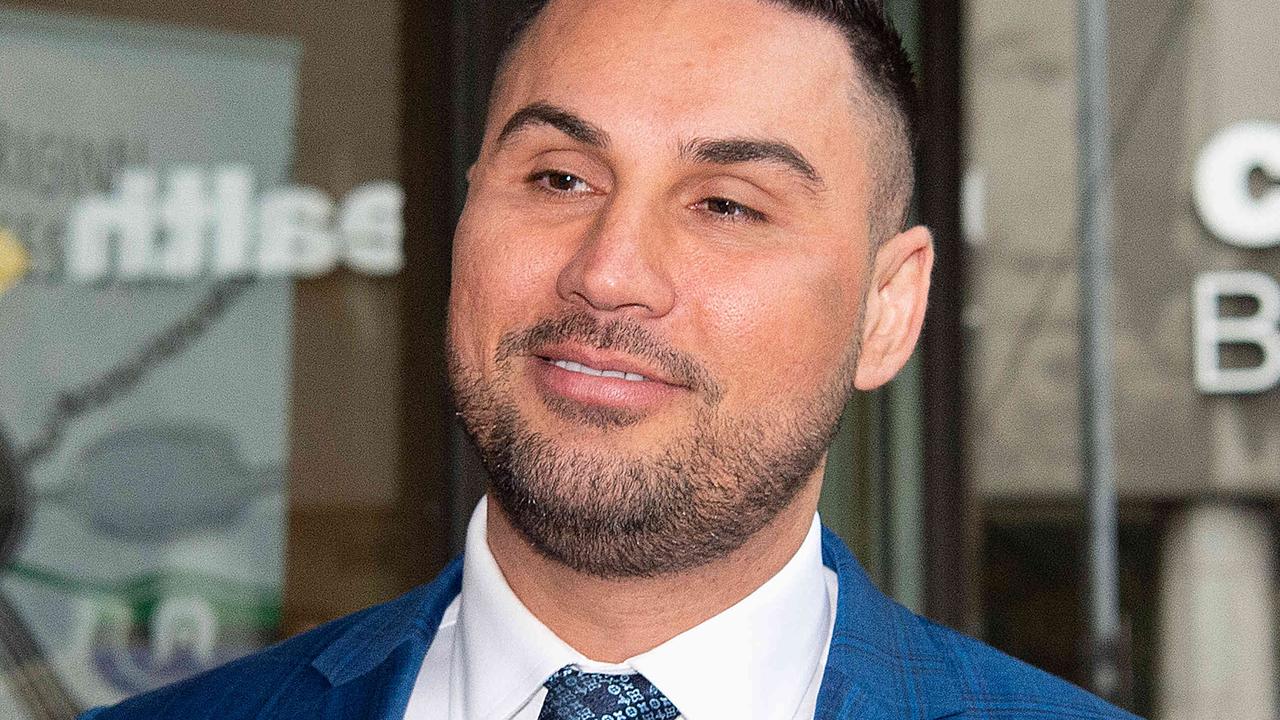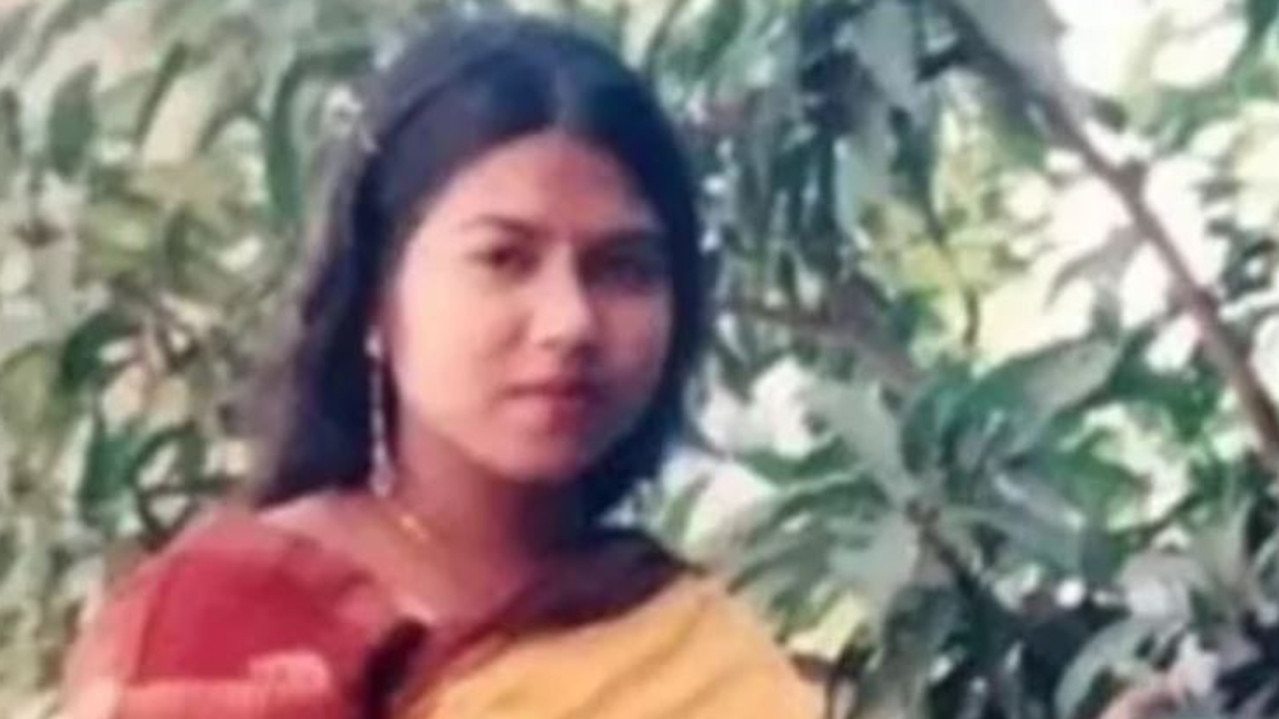Gay hate crime deaths inquiry finds police ignored key details in 1991 murder of William Dutfield
An inquiry into gay hate crime deaths has found police missed key details surrounding the murder of a bisexual man, resulting in the case going unsolved for 17 years.
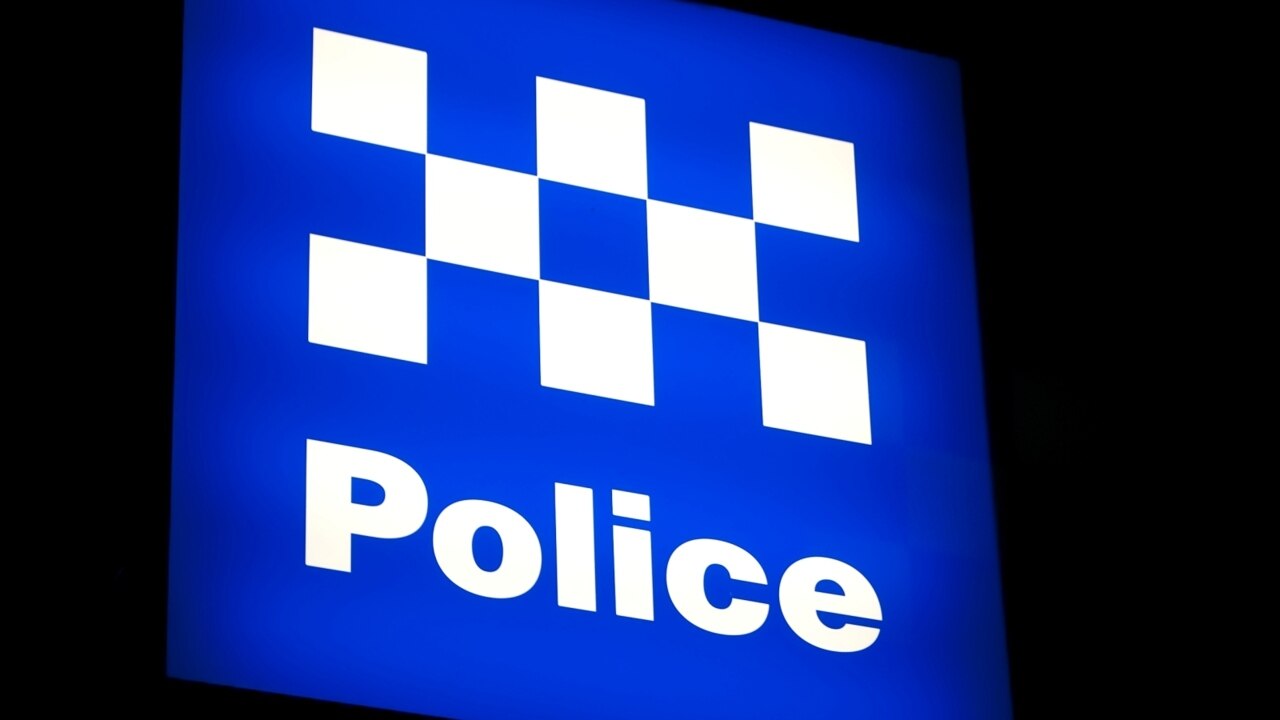
An inquiry into NSW gay hate crime deaths has lambasted original investigators for missing key evidence which could have resulted in the prosecution of a man for the brutal murder of a Mosman bar-hand.
Known to his friends as being bisexual, William Dutfield was discovered bloodied and beaten in the living room of an apartment on Sydney’s North Shore on November 19, 1991.
Described by friends as a lonely and struggling alcoholic prone to fits of rage when intoxicated, Mr Dutfield was found with 16 lacerations to his head, which police believed were inflicted with a metal sticky tape dispenser.
Mr Dutfield was one of the four unsolved deaths which were reviewed at Wednesday’s public hearing in the Special Commission of Inquiry into LGBTIQ hate crimes.
The former jockey was found by his longtime friend and landlord, Arthur Ashworth, who would only be identified as the “likely perpetrator” after his death in 2006.
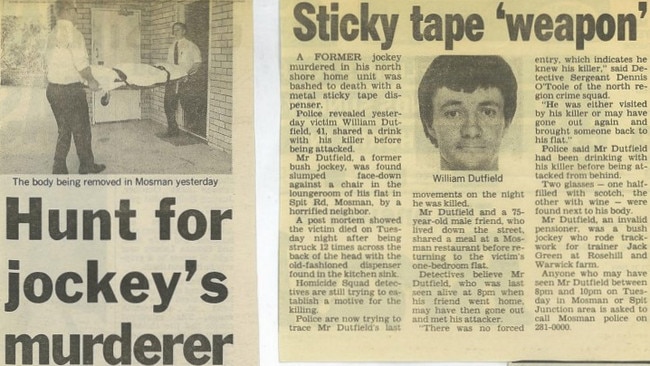
The latest block of hearings explored whether 88 unsolved deaths between 1976 to 2000, as part of Strike Force Parrabell in 2018, were correctly investigated.
While police were originally unable to identify Mr Dutfield’s murderer, a review of evidence by Assisting Council William de Mars found Mr Ashworth’s involvement in Mr Dutfield’s death “should have been apparent to investigators at a very early stage”.
Officers originally linked Mr Dutfield’s murder to an incident five weeks before his death, in which he was assaulted and robbed by a man police believed to be a “male prostitute or a drug addict”.
The inquiry was told that police failed to investigate Mr Ashworth, who was never considered a person of interest until 2008, two years after his death.
“Strike Force Hamish investigators reached the conclusion that Mr Ashworth was responsible for Mr Dutfield’s murder and that had he been alive, there would have been sufficient evidence to arrest him,” said Mr de Mars.
Mr de Mars told the inquiry Mr Ashworth was with Mr Dutfield on the night of his death, lied to police about the clothing he wore on the night, and his finger prints were also found on the sticky tape dispenser used to kill Mr Dutfield.
“The totality of the available forensic evidence supports the view that Mr Ashworth was responsible for the attack,” said Mr de Mars.
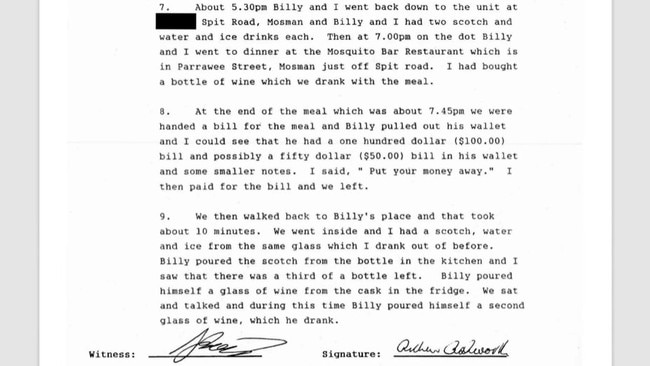
While the inquiry ultimately found that Mr Dutfield’s death was not motivated by gay hate, questions were raised over why the Parrabell report failed to identify Mr Ashworth as the perpetrator.
He added that if Mr Ashworth was still alive, the inquiry would have referred the matter to the Office of the Director of Public Prosecutions, to make a “positive finding on who is responsible for the death”.

